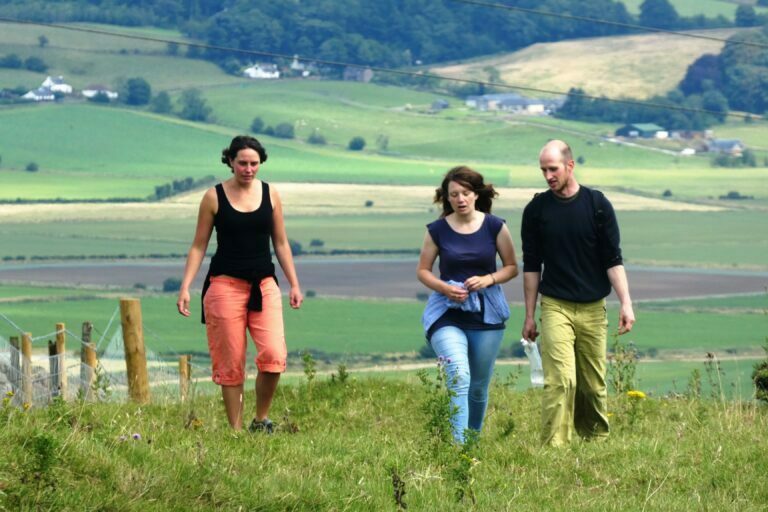
Make your voice heard on the future of farming and the environment
The Scottish government is consulting on its proposals for a new Agriculture Bill. Here's how you can respond to the consultation.

The Scottish government is consulting on its proposals for a new Agriculture Bill. Here's how you can respond to the consultation.

When was the last time you encountered a hedgehog? Or spotted a murmuration of starlings in a pink sky? The natural world as we once knew it is under threat like never before as the latest global science shows.

Scottish agriculture is in a pivotal moment, with a once in a generation opportunity to make farming work better for our environment and people in Scotland.

By shifting the focus of funding to be nature and climate positive, we can ensure farmers and crofters are able to produce food and provide employment in a way that is genuinely sustainable.

It’s fair to say that many of us in Scotland feel a deep affinity with farming and the landscapes and cultures it creates. However, the policy and the public money that supports the majority of farming isn’t well understood.

Scotland’s land and how we use it is hugely important in our fight against climate change and nature loss. Given that agriculture is Scotland’s main land use, Scottish farmers and crofters are key actors in making sure we reach climate change targets, restore nature, and produce food sustainably.

The Covid pandemic has shone an intense light upon the value of local farmland and greenspaces to nearby communities. It’s now clearer than ever that spending time in the countryside is vital to our health and wellbeing.